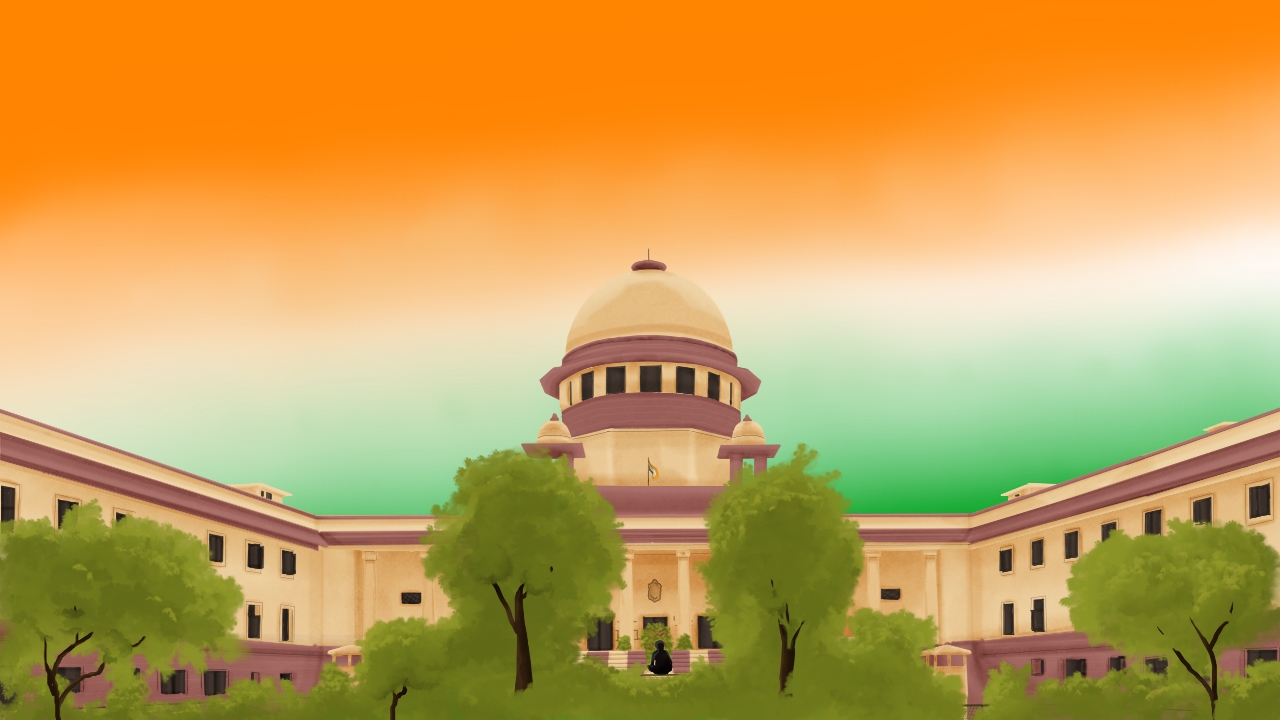


The Supreme Court recently asked the Central government whether a new bail law is on the cards in line with a June 2022 landmark judgment advocating the same [Satender Kumar Antil v. Central Bureau of Investigation and anr].A bench of Justices MM Sundresh and SVN Bhatti made the query in a February 13 order, which contained a comprehensive list of compliances and queries posed to various High Courts, States and Union Territories as well.As far as the Central government was concerned, the Court sought a response to the following queries:1. The Union is directed to inform the Court as to whether any bail law is in contemplation or under preparation.
2. Whether any assessment has been done to ascertain the requirement of creating further special courts (CBI) in districts with high pendency of cases, with requisite data.
3. Whether or not the investigative agencies (other than CBI) under the Central government's ambit are following the directions of the Supreme Court in the Satender Kumar Antil judgment.
The matter will be taken up next on May 7.The bench was hearing a case regarding compliance with its July 2022 judgment in Satender Antil, where it had emphasised the need to enforce provisions of the Code of Criminal Procedure (CrPC) in arrests and trials.That judgment had called for new bail legislation and said that courts should decide bail applications within two weeks except in cases where the law provides otherwise.It had also flagged the fact that the rate of conviction being abysmally low might be weighing in the minds of courts while deciding on bail applications.During earlier hearings, Senior Advocate Sidharth Luthra, the Amicus Curiae in the matter, had pointed out that several cases of non-compliance with the top court's order in Siddharth v State of Uttar Pradesh have occurred. This judgment had made it clear that trial courts cannot insist that accused are to be remanded to custody before they take cognisance of the chargesheet.In the March 2023 order, the top court had also ordered that the judgments in Antil and Siddharth should be made part of the curriculum of judicial academies.In the latest order (of February 13), the Court noted that all States, Union Territories and central agencies have to periodically train and update their officials and prosecutors on complying with the two judgments.These parties were directed to file updated compliance affidavits within eight weeks. The Amicus was directed to examine these affidavits and file a compliance report.The Court also called for details of cases where the police officials in States or Union Territories or the CBI have not followed Sections 41 and 41A, CrPC and the guidelines in Arnesh Kumar v. State of Bihar (concerning arrest), as well as the actions taken against erring officials.The matter will be taken up next in May when the Court will hear the case in a phased manner.
In the first phase, the Court said it will hear the issues concerning Andhra Pradesh, Andaman and Nicobar, Arunachal Pradesh, Assam, Bihar, Chandigarh, Punjab and Haryana, Chhattisgarh, Dadra and Nagar Haveli, Daman and Diu, Delhi, and Goa on May 7 at 2 PM.
Senior Advocate Gaurav Agrawal appeared for the National Legal Services Authority and Additional Solicitor General Aishwarya Bhati represented the Union government.
TAGS: Supreme Court Central government new bail law Satender Kumar Antil v. Central Bureau of Investigation